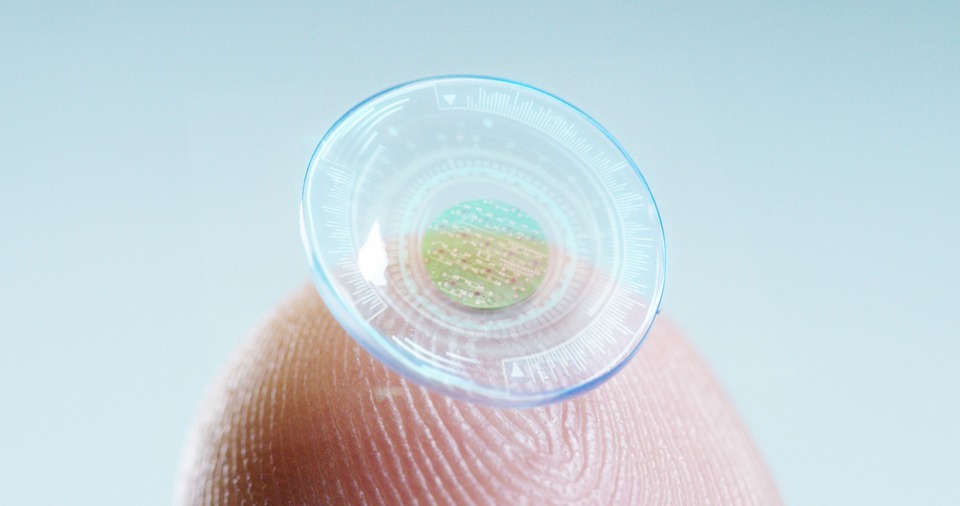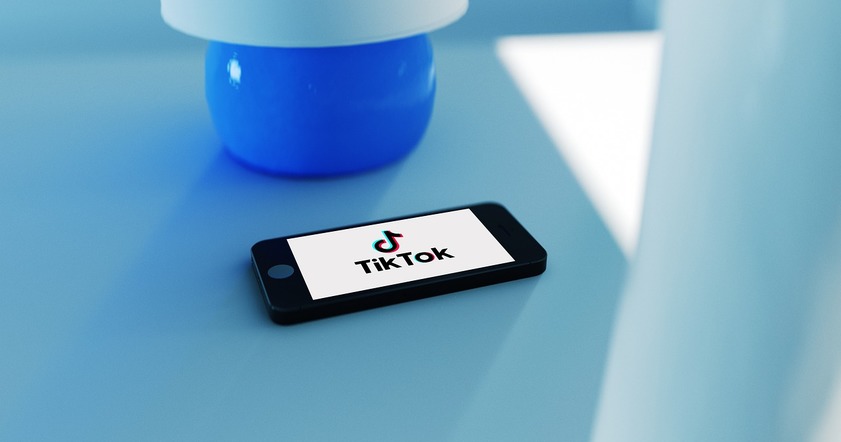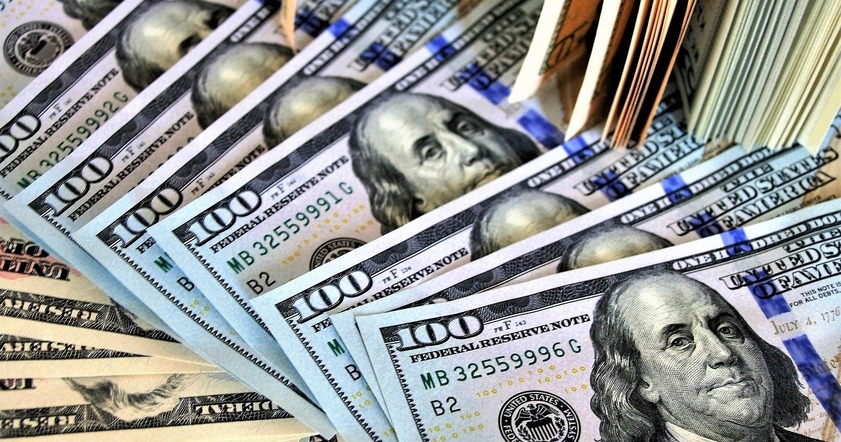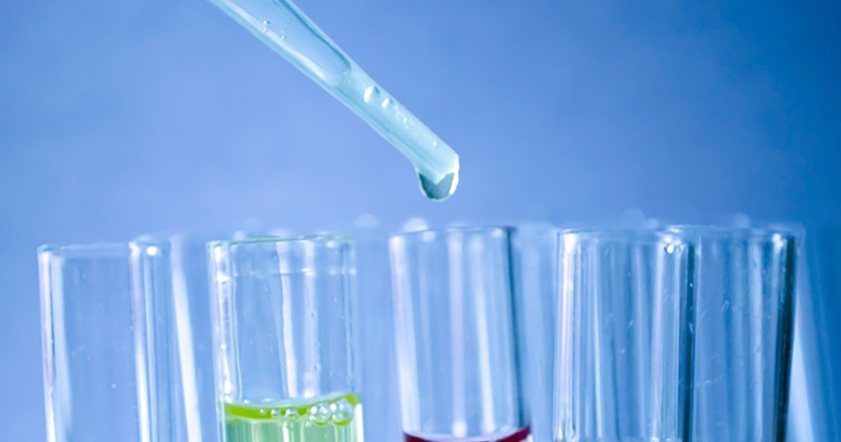Scientists have created contact lenses that can diagnose cancer themselves
 Scientists from the Terasaki Biomedical Innovation Institute, USA, introduced the world to smart contact lenses that can diagnose cancer. The truly revolutionary device will help doctors detect most types of tumors by reacting chemically with certain elements in tears. Let’s explain in simple terms how it works.
Scientists from the Terasaki Biomedical Innovation Institute, USA, introduced the world to smart contact lenses that can diagnose cancer. The truly revolutionary device will help doctors detect most types of tumors by reacting chemically with certain elements in tears. Let’s explain in simple terms how it works.
First you need to understand what exosomes are. These are tiny bubble carriers that are found in the cells of our body and are secreted into blood, saliva, urine and tears.
If a tumor develops in the body, exosomes begin to be released more actively and change their original shape. The lenses, on the other hand, have antibodies to which exosomes adhere. The antibodies in the lenses are also labeled with nanoparticles that change color when they come into contact with infected exosomes.
In short, the edging of the lenses changes its color in the presence of a developing tumor in the body. This technology makes it possible to diagnose cancer at an early stage and carry out successful treatment, eradicating the disease before it gains strength in the patient’s body.
Project leader Professor Ali Khademhoseini told to The Independent:
“During the experiments, the device was successfully tested on exosomes released into laboratory fluids from ten different tissue lines and cancer cells. The technology has also been tested on ten volunteers and the results are encouraging.
This technology gives physicians a tool for pre-cancer screening and ancillary diagnostics. The lenses are easy to use, fast to operate, non-sensitive for the patient, inexpensive to manufacture, and non-invasive.
Current methods of diagnosing cancer are tedious, complex, and require expensive equipment and highly qualified personnel. It takes at least 10 hours to complete a simple diagnosis.
Our technology is devoid of such shortcomings and is easy to use.”
Read also: A new dangerous virus has been discovered in China. 35 people have already been infected










